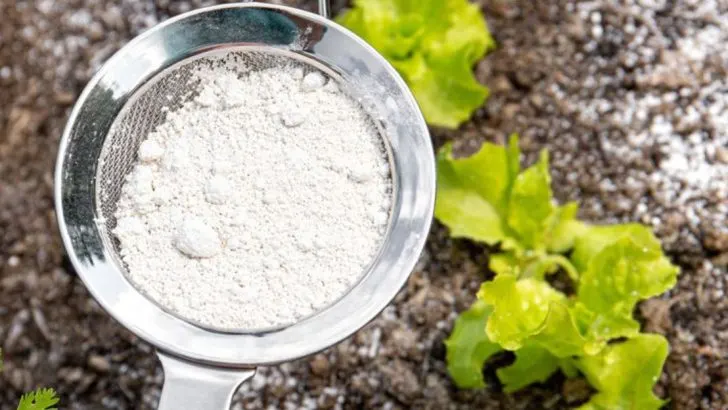When it comes to garden pests, many of us want to avoid chemicals — but it’s hard to know which organic methods are actually effective and which are just wishful thinking. After testing 18 popular natural solutions, I discovered that only half of them made a real difference.
In this article, I break down what really worked (and what didn’t) — from homemade sprays and companion planting to physical barriers and decoy crops. If you’re tired of guessing, this honest look at trial-and-error pest control can help you skip the flops and stick with the fixes that actually protect your plants.
Save your garden — and your time — with proven organic strategies that get results.
Neem Oil
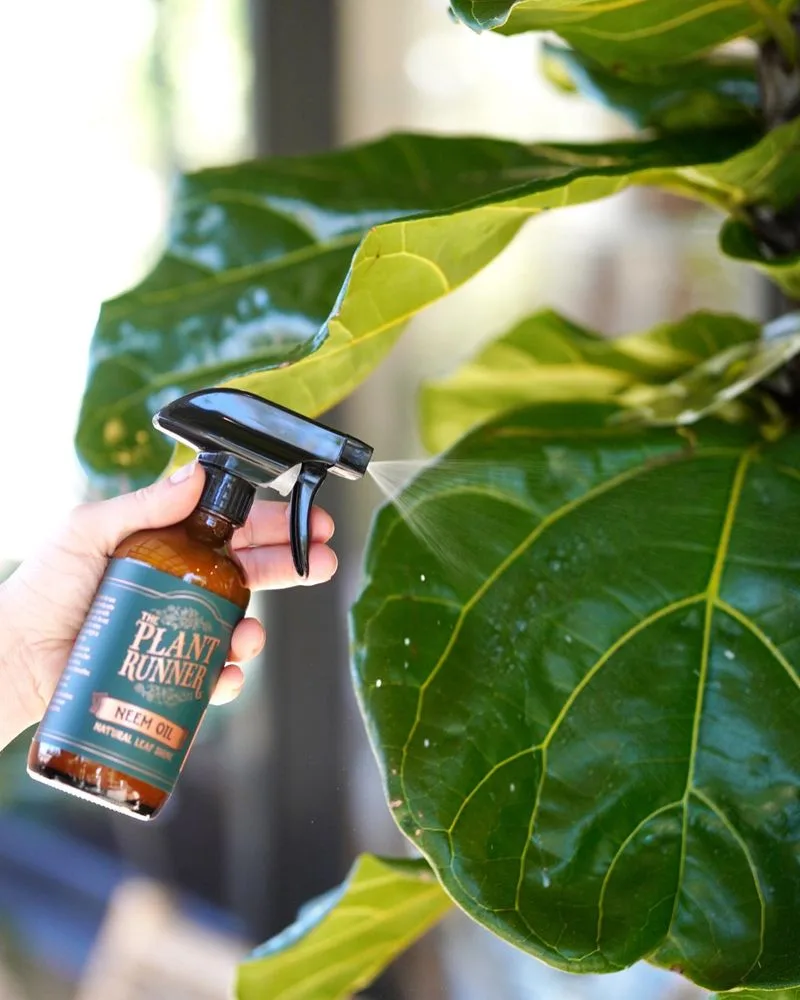
Neem oil is a well-known organic remedy for garden pests. Derived from the seeds of the neem tree, this oil works by disrupting the hormonal systems of insects, making it difficult for them to grow and reproduce. It’s especially effective against aphids, whiteflies, and spider mites.
Applying neem oil is straightforward. Mix it with water, and spray it on affected plants. Its natural composition makes it safe for beneficial insects like bees and ladybugs.
Though it requires consistent application, its effectiveness makes it a favorite among organic gardeners.
Diatomaceous Earth
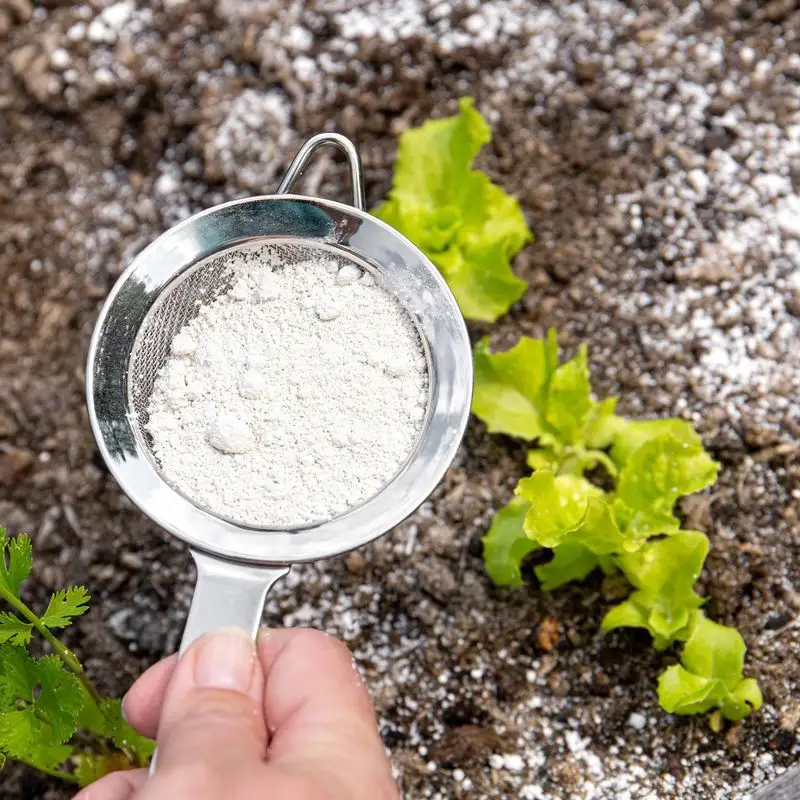
Diatomaceous earth (DE) is a powder made from fossilized algae. Its sharp particles cut through the exoskeletons of insects, causing them to dehydrate and die. This method is effective against crawling insects like slugs, beetles, and ants.
For best results, sprinkle DE on dry plant surfaces and around the base of plants. Reapply after rain or watering, as moisture reduces its effectiveness.
Despite its potency, DE is safe for humans and pets. However, be cautious when applying, as inhaling the powder can irritate the lungs.
Companion Planting
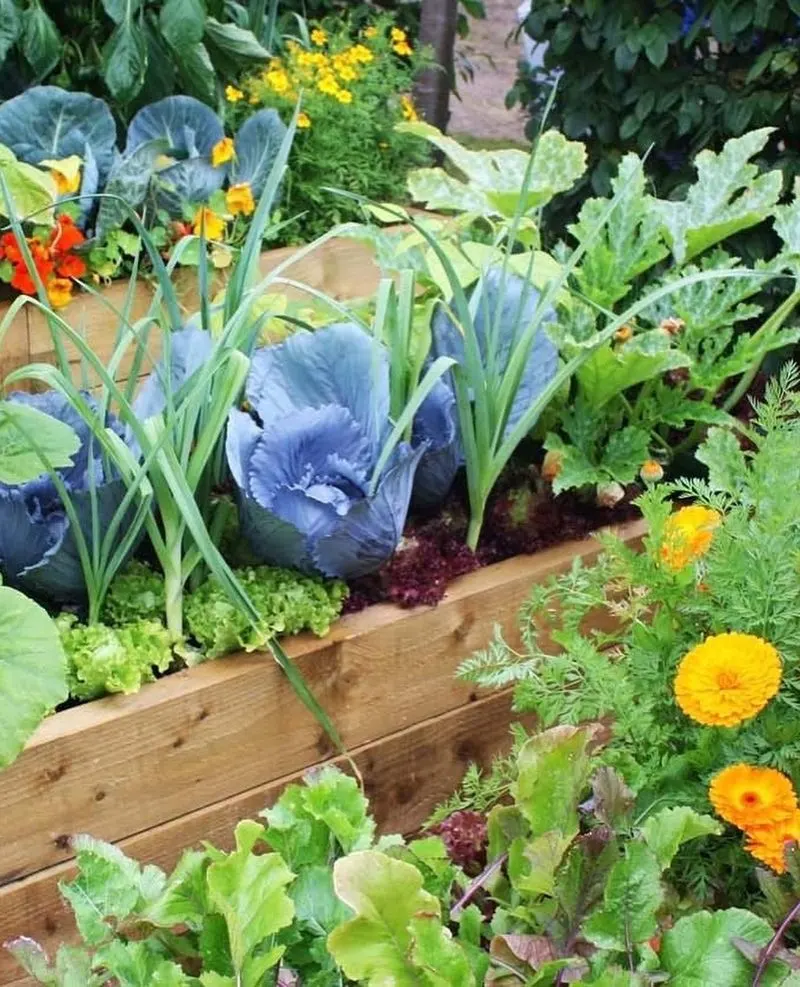
Companion planting involves growing certain plants together to naturally repel pests. Marigolds, for instance, deter nematodes, while basil can ward off flies and mosquitoes.
This method not only reduces the need for chemical pesticides but also promotes biodiversity and plant health. By pairing plants with complementary pest-deterring properties, gardens can thrive.
However, understanding which plants to pair takes time and experience. It requires observation and experimentation to find what works best for your specific garden conditions.
Garlic Spray
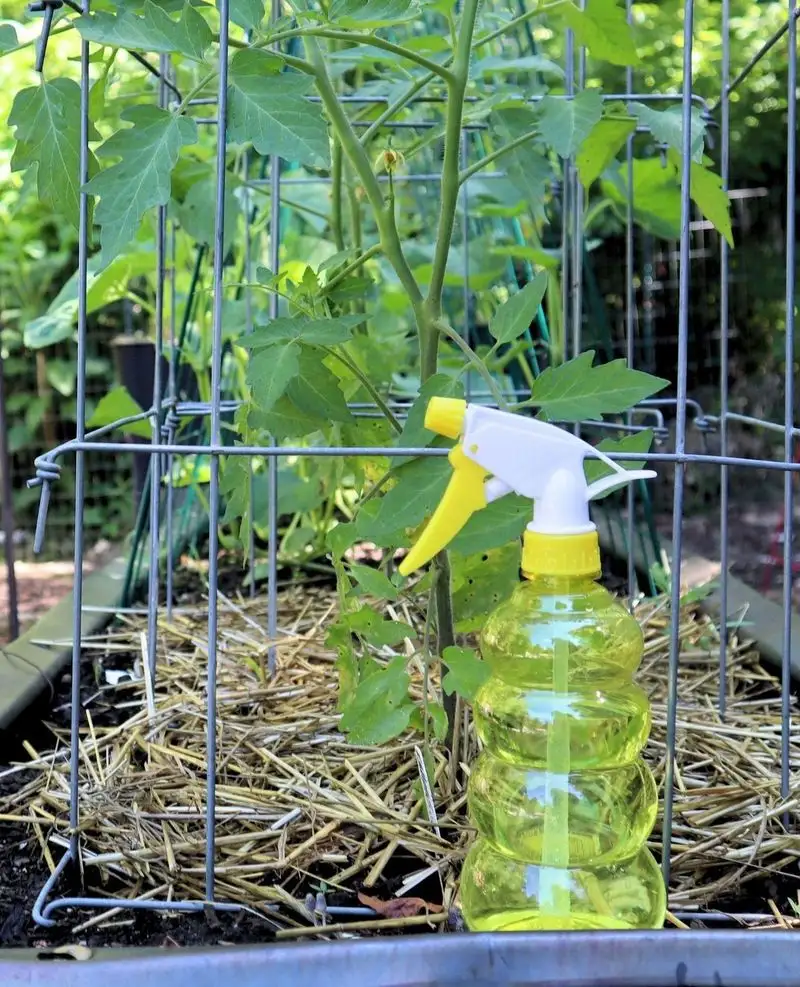
The strong smell of garlic is not just for flavoring dishes; it acts as a powerful deterrent for many garden pests. A homemade garlic spray can repel insects like aphids, ants, and caterpillars.
To make this spray, blend garlic cloves with water and a little dish soap. Strain the mixture before applying to plants.
While the smell can be strong, it dissipates quickly, leaving plants pest-free. Reapply every few days for lasting protection, especially after rain.
Chrysanthemum Spray

Chrysanthemums contain pyrethrins, natural compounds that are toxic to insects. When extracted and used as a spray, they can effectively combat a range of pests, including beetles and mites.
While potent, pyrethrin sprays should be used with caution. They can harm beneficial insects if over-applied. It’s best to use them sparingly and only when necessary.
This method offers a natural alternative to synthetic insecticides, with the added beauty of growing vibrant chrysanthemums in the garden.
Beer Trap for Slugs
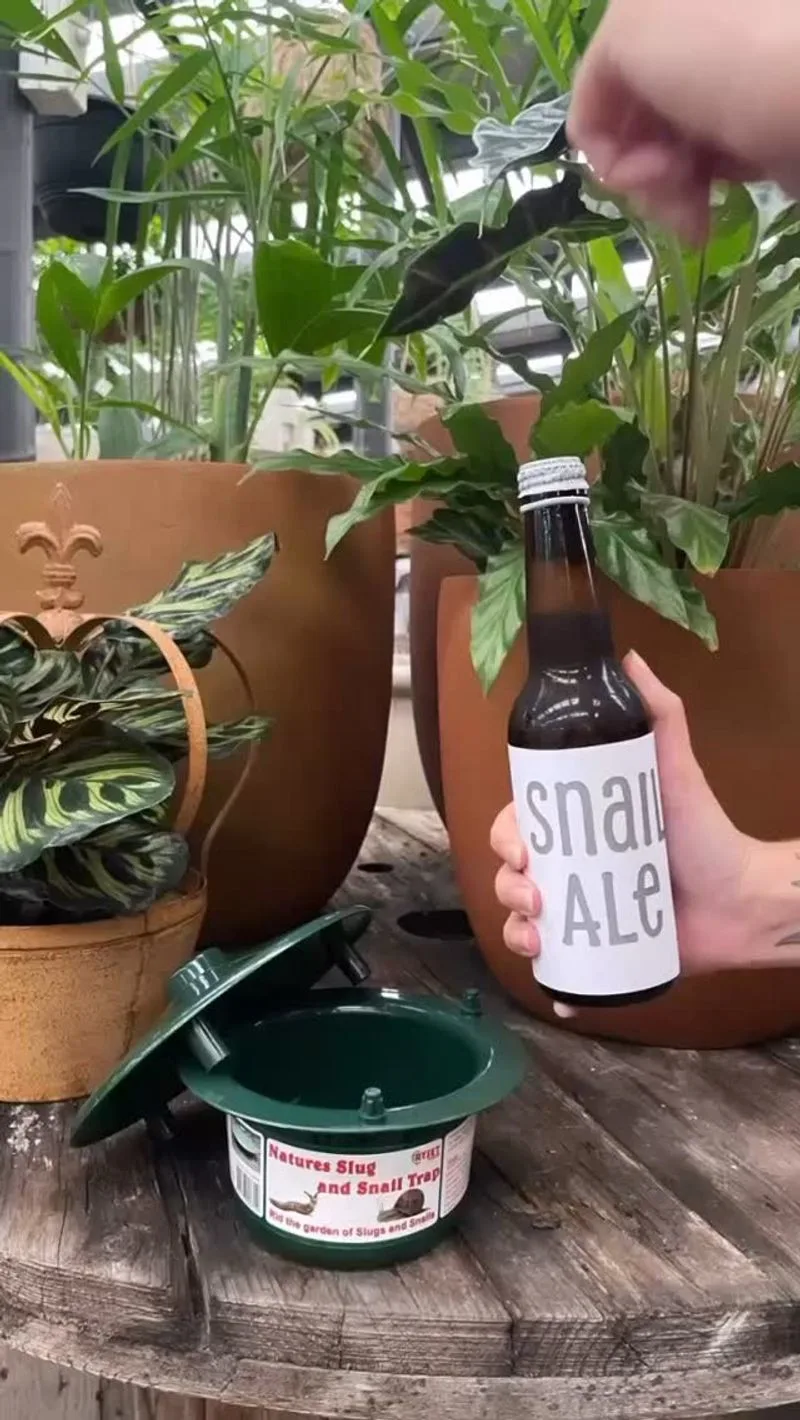
For slug control, a beer trap provides an unexpected yet effective solution. Slugs are attracted to the yeast in beer and will crawl into the trap, unable to escape.
Simply fill a shallow dish with beer and place it at soil level in the garden. Check and replace the beer every few days to maintain effectiveness.
While it might seem unusual, this method offers a non-toxic way to protect plants without harming the environment. Plus, it’s a great way to use up old or leftover beer.
Hot Pepper Spray
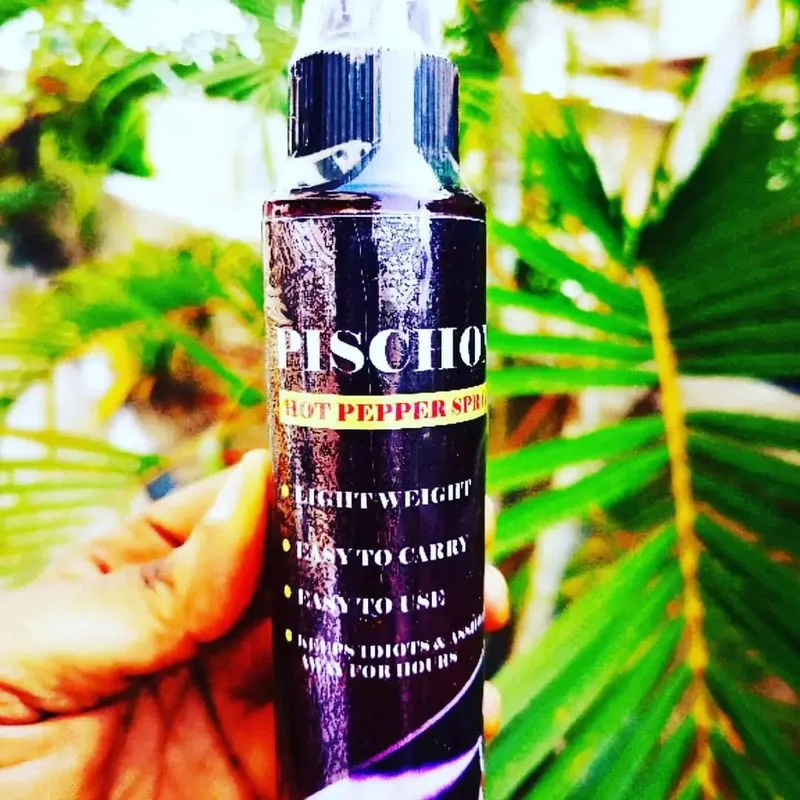
Hot pepper spray capitalizes on the intense heat of chili peppers to deter pests. When sprayed on plants, it irritates the insects, encouraging them to find food elsewhere.
Create this spray by blending hot peppers with water and a touch of dish soap. Strain the mixture before application to avoid clogging the spray nozzle.
While effective, be cautious during application, as the spray can irritate skin and eyes. Regular use can help keep pests at bay, ensuring your garden remains vibrant and healthy.
Insecticidal Soap
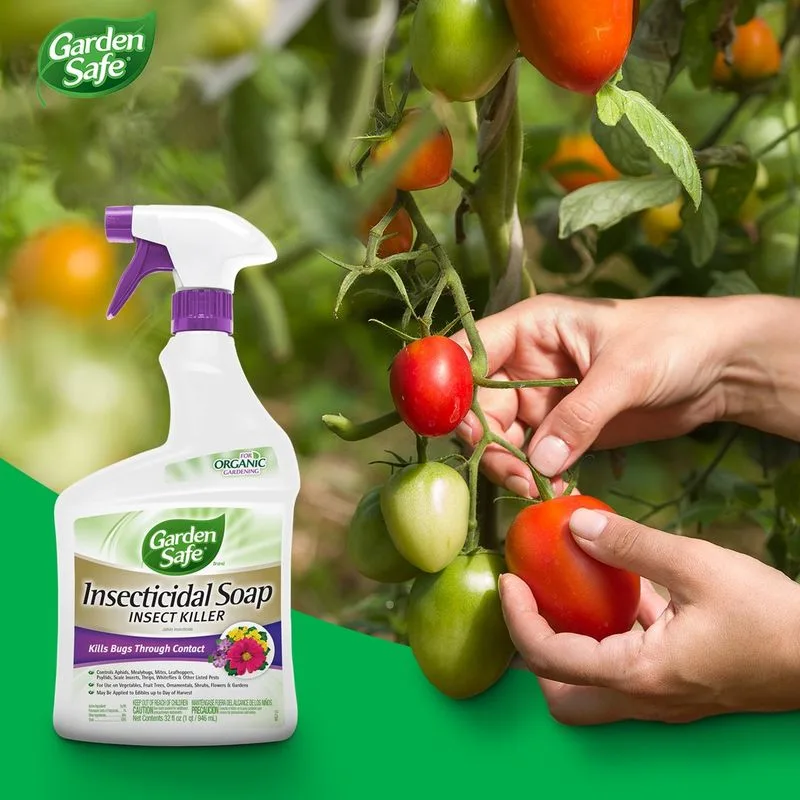
Insecticidal soap works by penetrating the outer shell of soft-bodied insects like aphids and spider mites, leading to dehydration. It’s a trusted choice for organic gardeners seeking a gentle yet effective solution.
Mix the soap with water and spray directly onto affected plants. The key is thorough coverage, especially on the undersides of leaves where pests hide.
This method is gentle on plants and beneficial insects, making it a sustainable option for long-term pest control. Regular application ensures continued protection without harming the environment.
Beneficial Nematodes
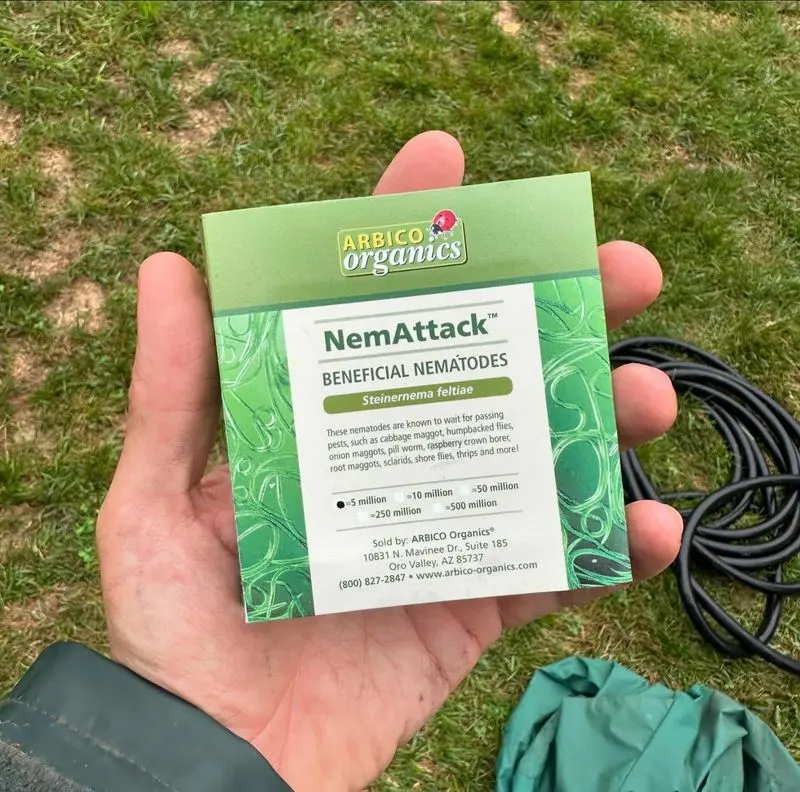
Beneficial nematodes are microscopic organisms that parasitize soil-dwelling pests like grubs and rootworms. By introducing them into the garden, you can naturally reduce pest populations.
These nematodes target pests without affecting plants, pets, or humans. They work best in moist soil, so regular watering aids their movement.
Employing beneficial nematodes is a proactive step in maintaining a healthy garden ecosystem. Although they require specific conditions, their efficacy in controlling underground pests is noteworthy.
Sticky Traps
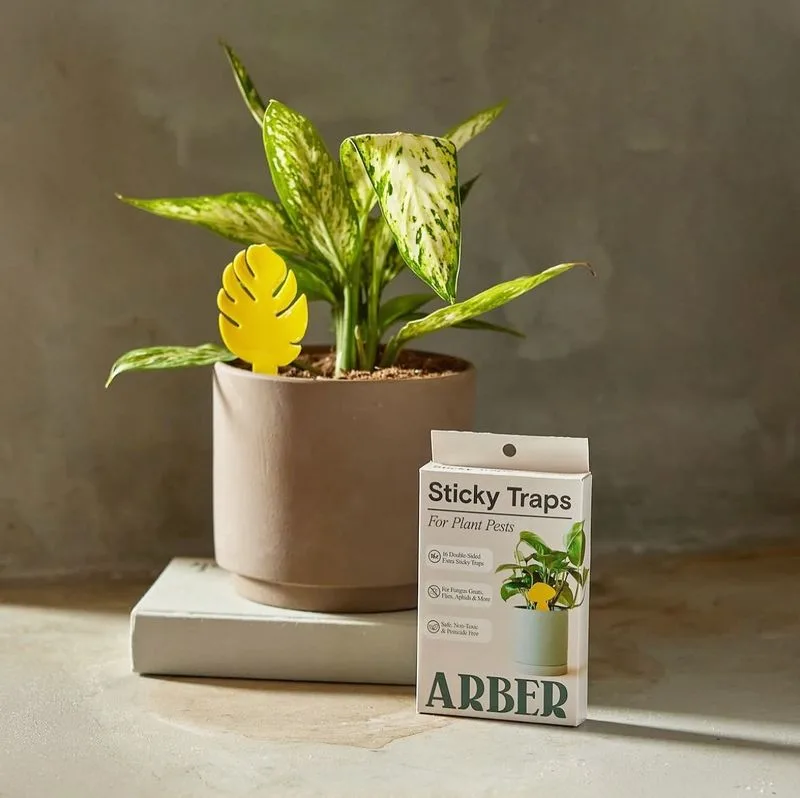
Sticky traps offer a passive means to capture flying insects. These traps are coated with a sticky substance that ensnares pests like flies and aphids.
Hang or place them near affected areas to monitor and reduce pest populations. Their bright color attracts insects, making them a useful tool for early detection.
While they won’t eradicate pests, sticky traps provide an insight into pest activity levels. This method complements other control strategies, helping to keep insect numbers in check.
Floating Row Covers
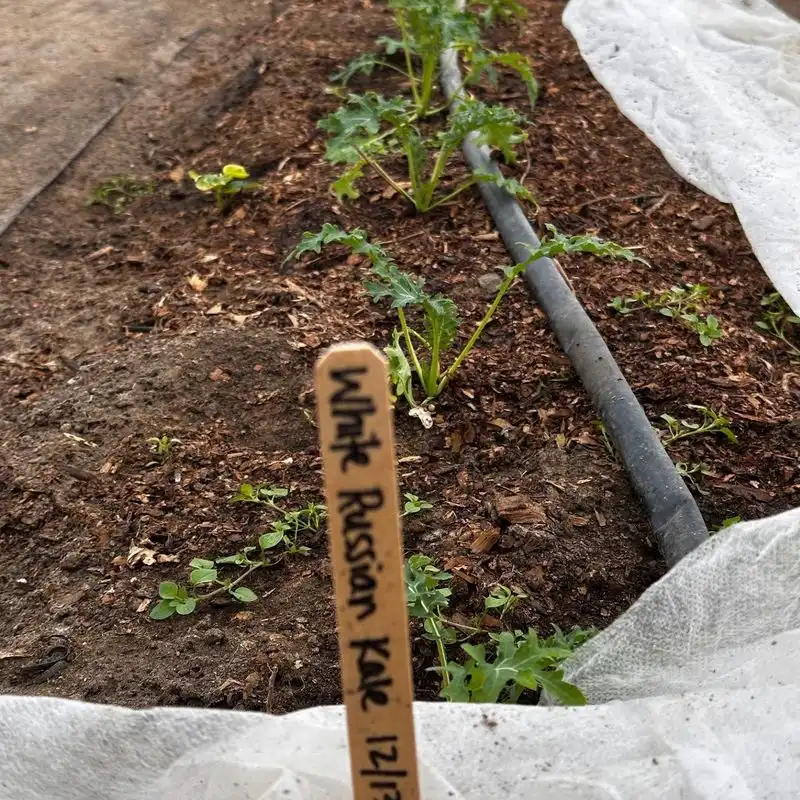
Floating row covers act as a physical barrier against pests, preventing them from reaching plants. These lightweight fabrics are placed over crops, allowing sunlight and rain in while keeping insects out.
They are particularly effective for protecting young seedlings and delicate plants. Secure the edges to prevent pests from sneaking underneath.
Aside from pest control, row covers can also extend growing seasons by providing slight frost protection. This dual benefit makes them a versatile tool in organic gardening.
Essential Oil Sprays
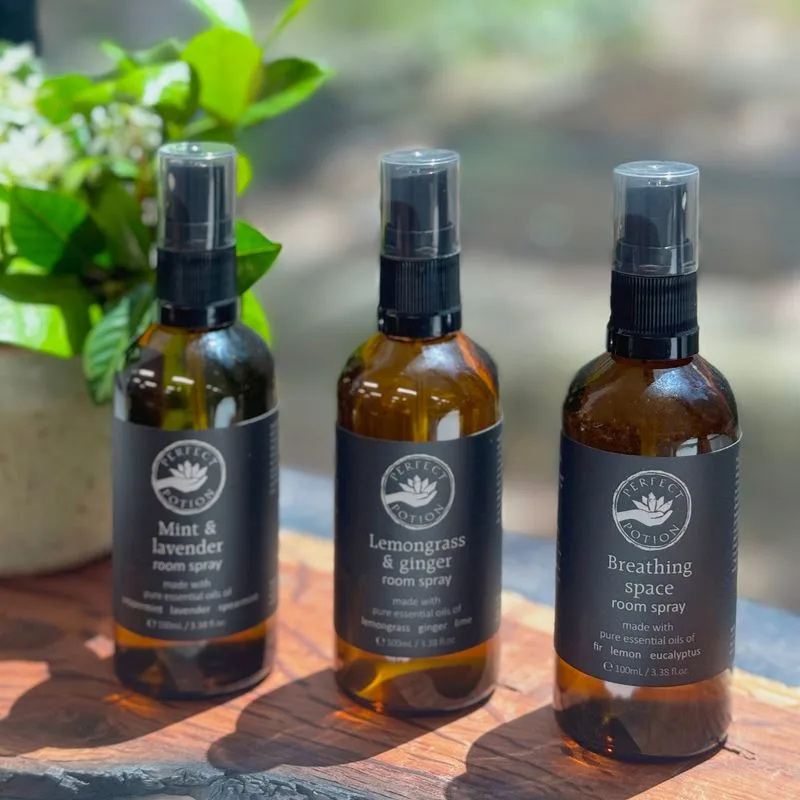
Essential oils such as peppermint, lavender, and eucalyptus can ward off various pests. These oils disrupt the sensory receptors of insects, deterring them from plants.
Create a spray by mixing essential oils with water and a small amount of soap. Apply regularly to maintain its protective barrier.
Not only do these sprays smell delightful, but they also provide a gentle, natural alternative to chemical pesticides. Their aromatic presence enriches the garden while safeguarding plants from unwanted visitors.
Citrus Peels

Citrus peels offer a fragrant pest deterrent, particularly effective against ants and mosquitoes. The natural oils in the peels disrupt insect trails and deter them with their strong scent.
Place fresh peels around plants or in problem areas. Crush them slightly to release more oils for increased effectiveness.
Using citrus peels is a clever way to recycle kitchen waste while addressing pest problems. It’s a simple, eco-friendly solution that adds a zesty touch to your gardening routine.
Coffee Grounds
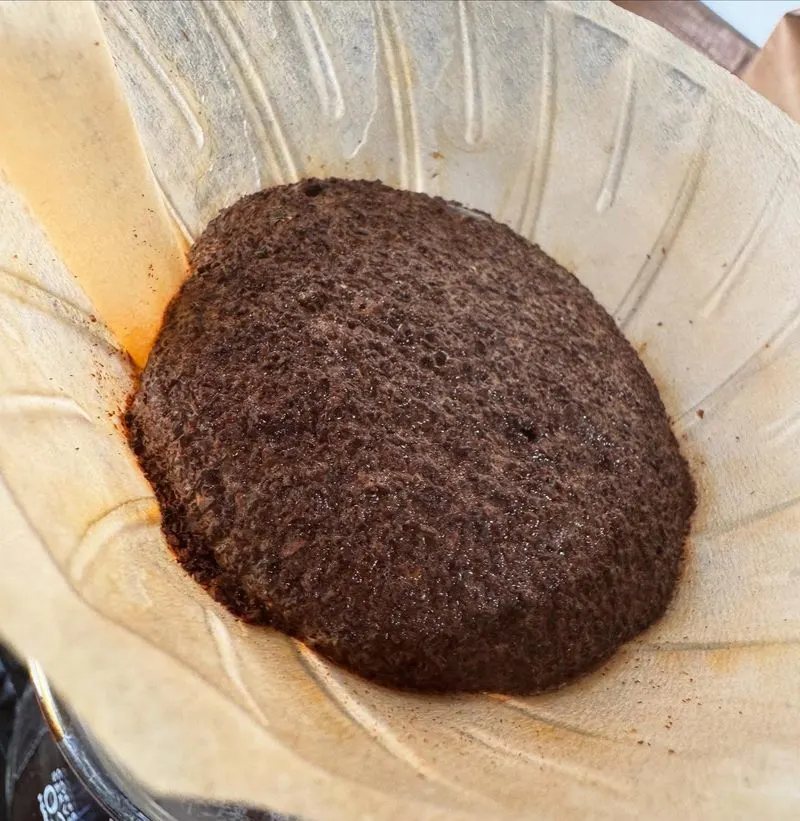
Used coffee grounds can deter pests like slugs and snails while enriching the soil. Their abrasive texture and caffeine content make them unappealing to these pests.
Sprinkle grounds around plant bases or mix them into the soil. This not only discourages pests but also adds nutrients to the garden.
Recycling coffee grounds provides a sustainable gardening practice. It’s an excellent way to utilize a common household waste for dual benefits—pest control and soil enhancement.
Vinegar Solution
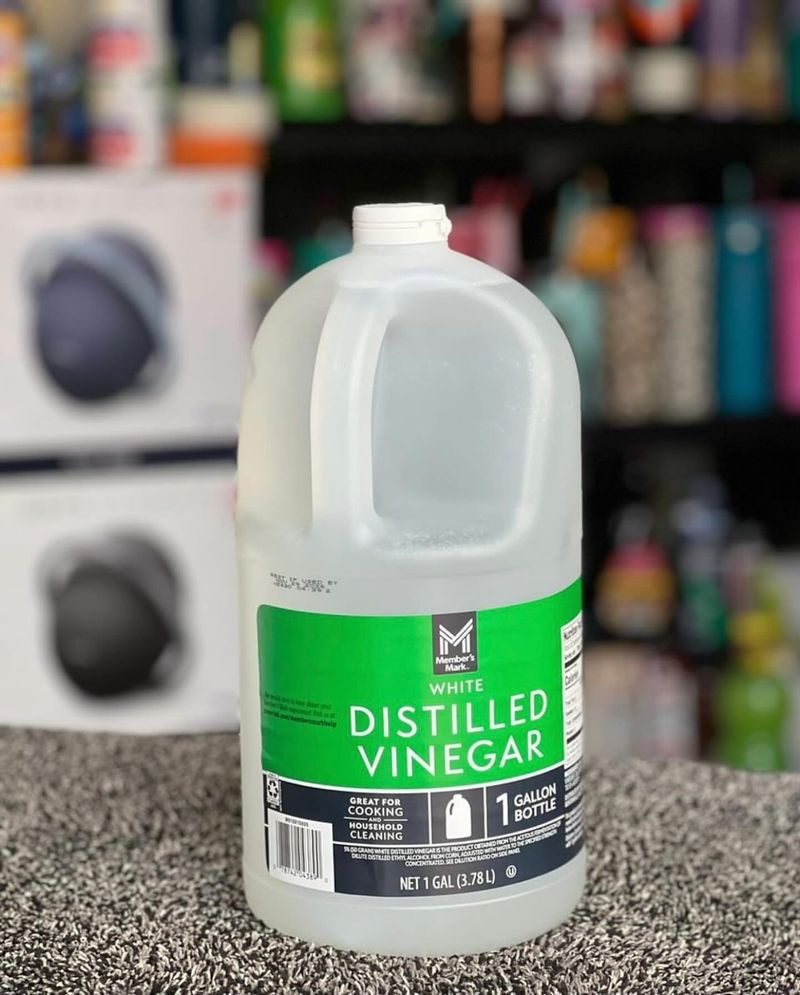
Vinegar’s acidity makes it a potent weed killer and insect deterrent. When sprayed on plants, it can repel ants and other pests without harming the environment.
Mix vinegar with water for a milder effect and use it as a spray on affected areas. Avoid using it on delicate plants to prevent damage.
This method provides a simple, household-based solution to garden pests. Its versatility in addressing both weeds and insects makes it a valuable tool in organic gardening.
Wood Ash

Wood ash from fireplaces or fire pits can deter soft-bodied insects. Its alkaline nature irritates pests like slugs and snails, keeping them away from plants.
Sprinkle ash around plant bases, creating a barrier that pests avoid crossing. Be cautious not to overapply, as excessive ash can alter soil pH.
Using wood ash offers an eco-friendly pest control option that recycles a natural byproduct. It’s an effective strategy when used judiciously in the garden.
Baking Soda
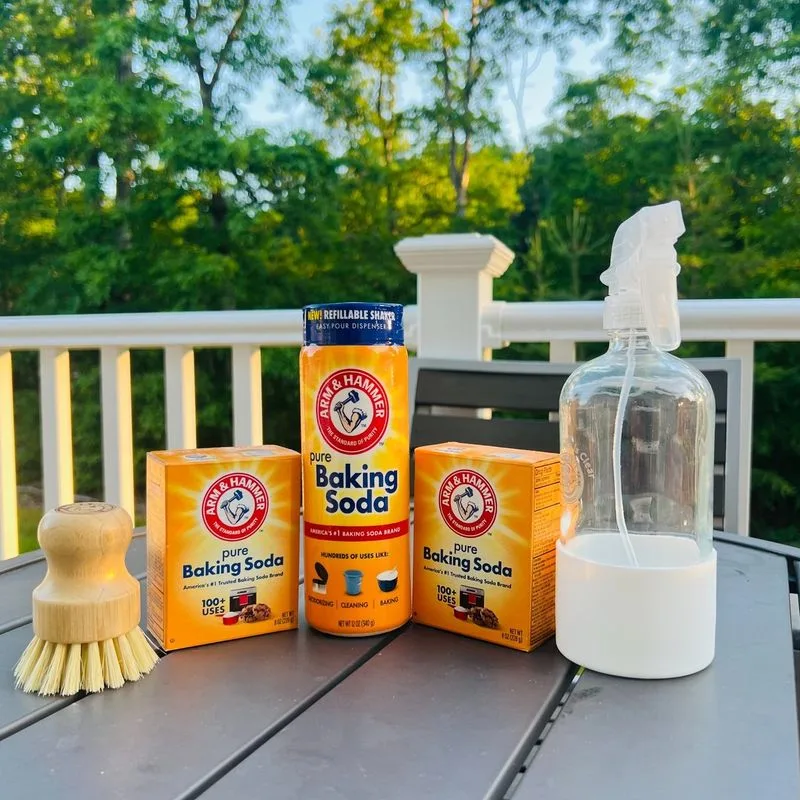
Baking soda is a versatile agent, known for its antifungal properties. Against pests, it can be mixed with water and oil to create a spray that deters insects like mites and aphids.
Apply this solution to affected plant areas, ensuring even coverage. Regular use can prevent fungal growth and discourage pests.
This household staple provides a safe, accessible option for gardeners seeking to protect their plants naturally. Its dual action against pests and fungi makes it a garden essential.

